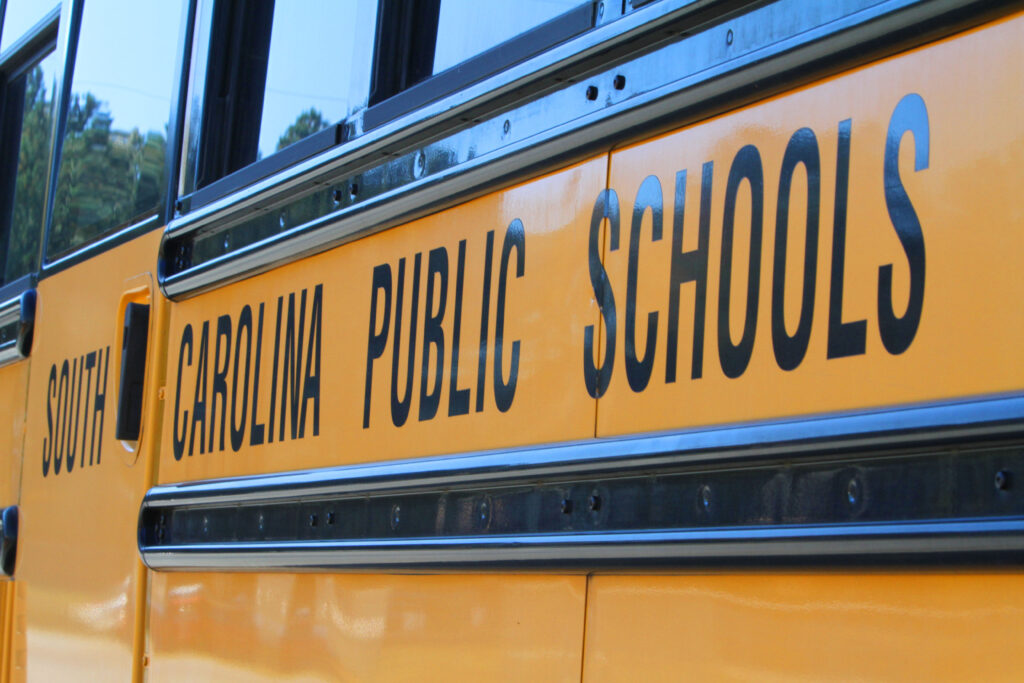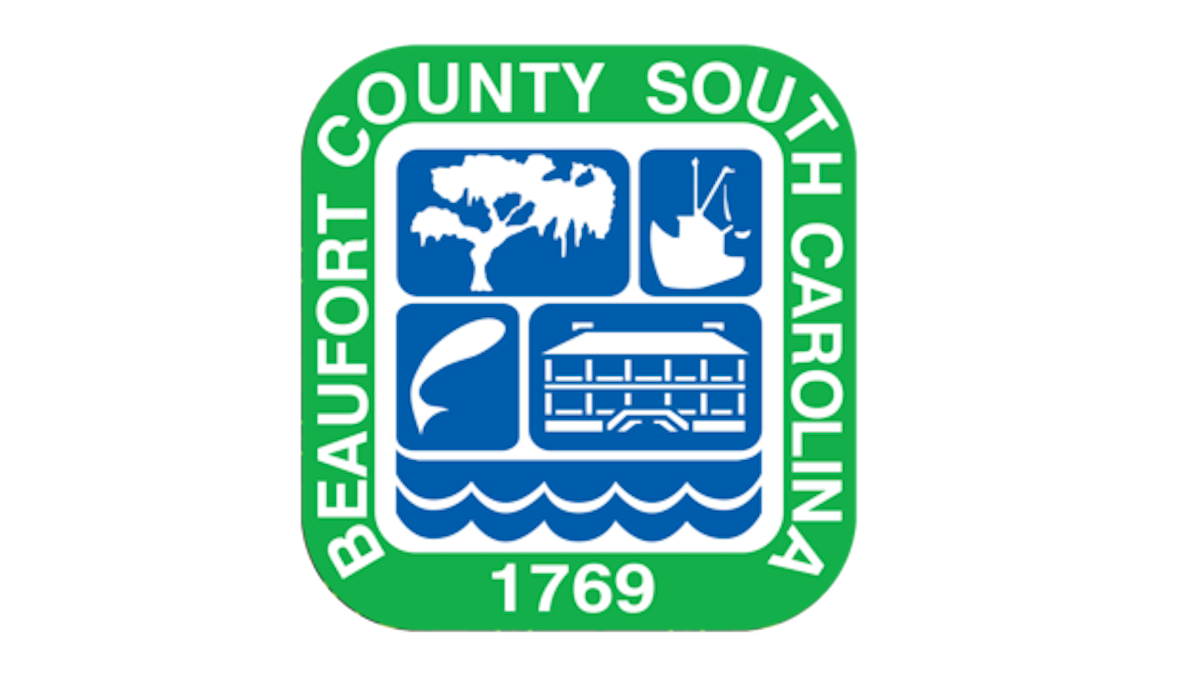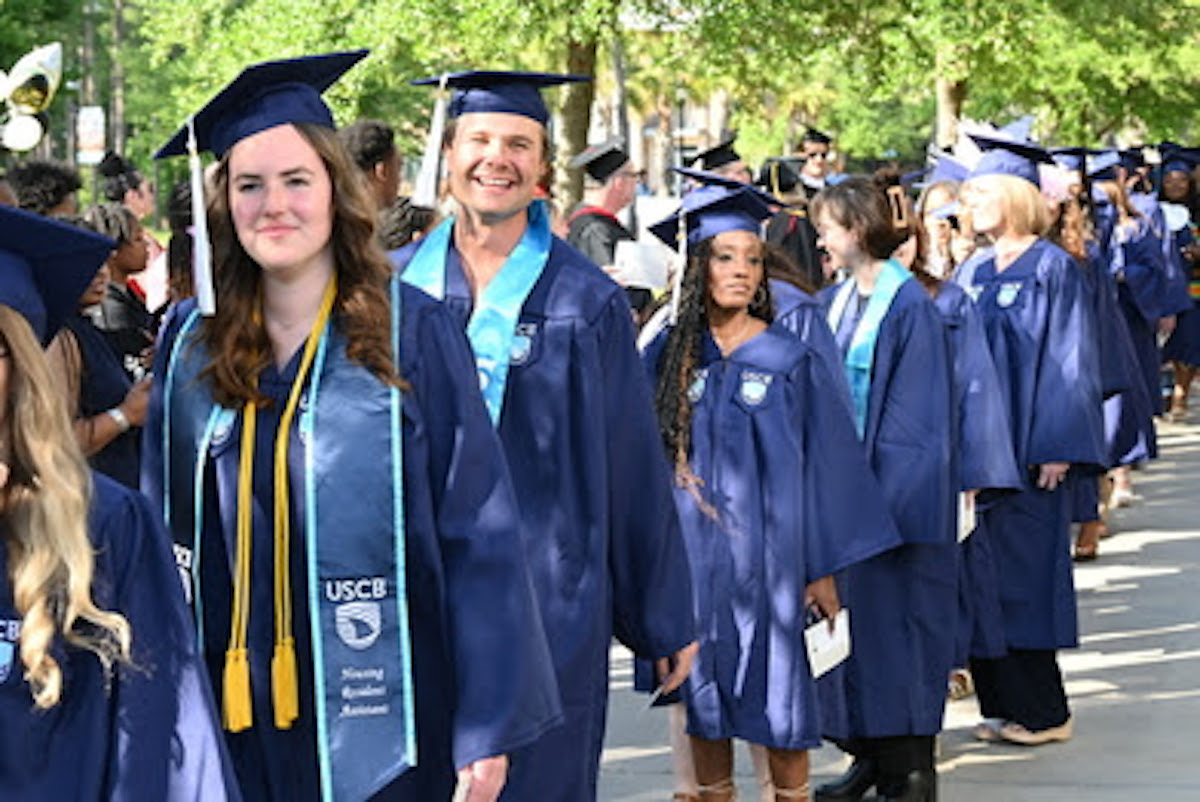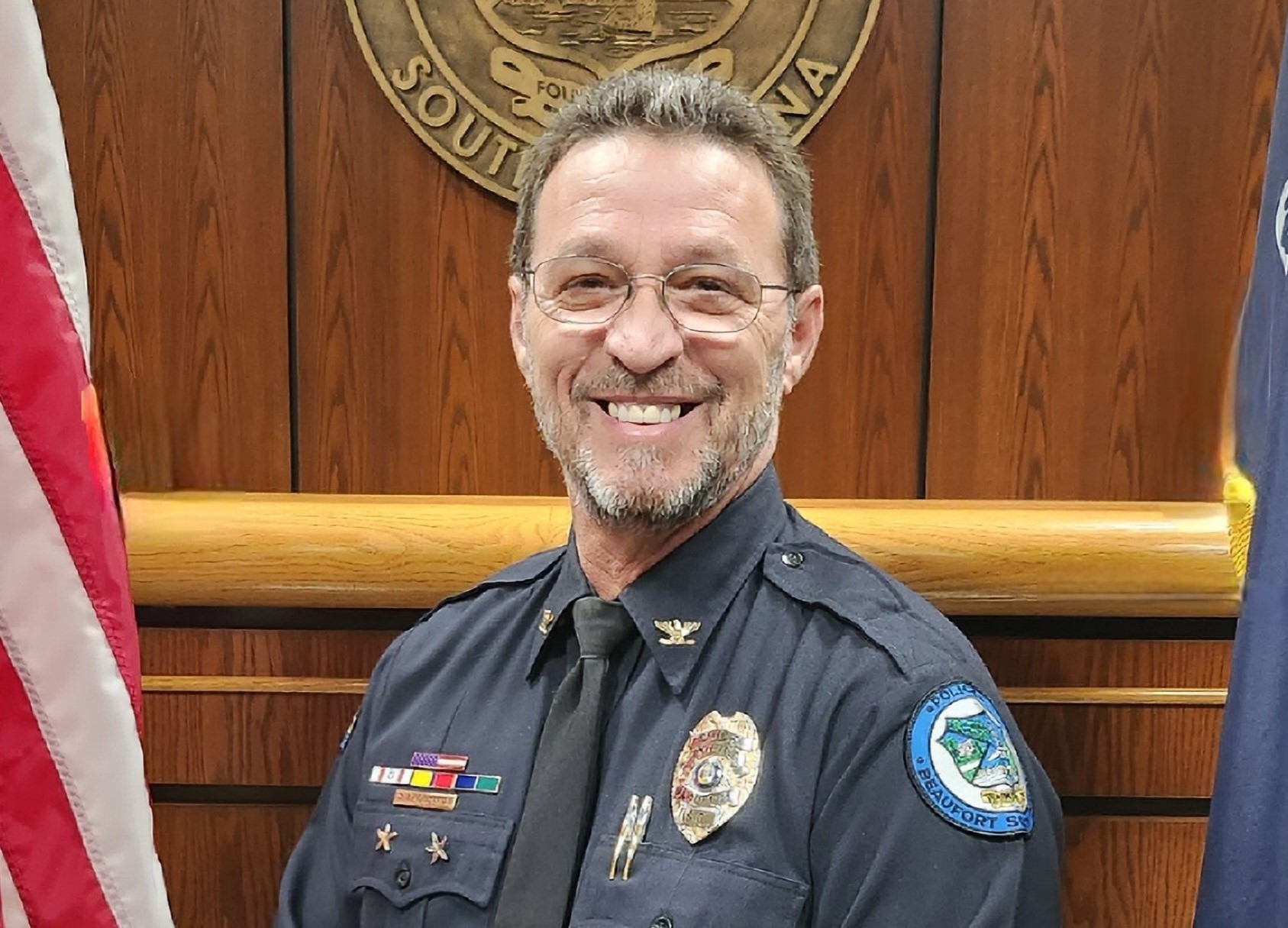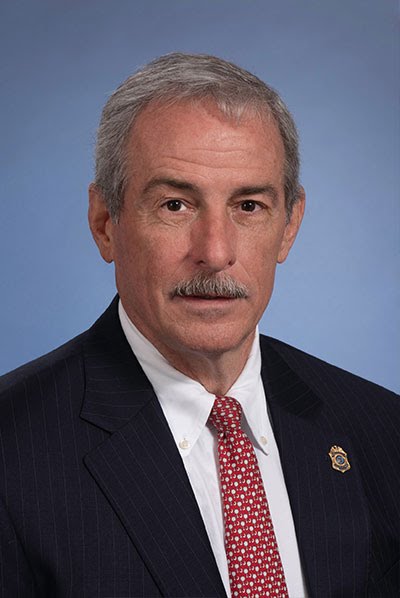By Paul Hyde
As symbolic gestures go, this one’s a doozy.
Frustrated by record-breaking teacher shortages in South Carolina, Rep. Jermaine Johnson, D-Hopkins said he’s going to file a bill that will require state lawmakers to substitute teach or volunteer at K-12 schools five times a year.
He wants his fellow legislators to understand the enormous challenges plaguing South Carolina educators.
This is merely symbolic — call it a protest bill — because it’s not likely to gain majority support, nor is it enforceable.
But Johnson’s shot across the Legislature’s bow may bring needed attention to the growing teacher shortage, which hit an all-time record of 1,613 vacancies statewide, up from 1,474 last year, according to a survey that goes back to 2001.
Of that number, 1,400 are teaching vacancies, with another 200 representing jobs unfilled for librarians, counselors, psychologists and speech therapists, according to reporting by SC Daily Gazette’s Skylar Laird.
If we assume that each of the 1,400 classrooms have 20 students, that adds up to 28,000 young people in our state who began the school year with no highly qualified teacher in the classroom.
Look at that number again: 28,000 students.
Of course, that’s just an estimate. Fewer students could be affected — or far more. Some school districts simply cancel or combine classes to deal with teacher shortages. The rest get by with substitute teachers.
The teacher shortage is most acute, of course, in the state’s high-poverty rural counties.
Any way you look at it, this amounts to an appalling act of educational neglect.
A top priority
Fixing this problem should be a top priority for Gov. Henry McMaster, the Legislature and state Education Superintendent Ellen Weaver — especially for Weaver, the state’s chief advocate for public schools.
Right now, we’re going in the wrong direction. The 1,613 figure represents a jaw-dropping 9 percent increase from the year before, according to the annual supply-and-demand report from the state Center for Educator Recruitment, Retention, and Advancement (CERRA).
If you’re like me, you were privileged to go through your entire public educational experience with a highly qualified teacher always in the classroom — not a series of substitutes. I remember my teachers well, especially Mrs. Hughes in the fourth grade. She couldn’t abide misspellings. For that, I’m eternally grateful. (Lordy, she was tough.)
Why would we want anything less for South Carolina’s young people today?
Substitute teachers, of course, may be highly conscientious. But many South Carolina districts require substitutes to have only a high school diploma. Substitutes likely don’t have time to get to know students and may lack content expertise.
Certified teachers, one the other hand, create educational plans that build on one another, and they closely track individual student progress over time. They’re highly trained in classroom management and their chosen field of study.
“Without a qualified teacher, certified to teach in the appropriate area, there’s obviously an impact on students,” said Jennifer Garrett, CERRA’s coordinator of research and program evaluation. “It’s important to have a steady, qualified, consistent person in that
classroom every day.”
Pay and working conditions
We know what will help reduce the teacher shortage. At the top of the list is paying educators competitive wages. Currently, the state minimum for first-year teachers is $42,500. McMaster and Weaver support an increase to $50,000 by 2026.
That’s a good idea, but it may not be enough. We’re in a competitive battle with other states that face their own teacher shortages.
In 2022, South Carolina had the eighth-lowest average annual teacher salary ($53,393) in the nation, $13,000 less than the national average of $66,397, according to USA Facts using data from the National Center for Education Statistics.
If South Carolina can afford $1 billion in tax cuts, it can certainly afford more competitive teacher salaries.
But pay is only one part of the equation. We know this because CERRA interviews teachers who are leaving.
Educators are frustrated by their workload, which can sometimes increase “without a whole lot of explanation,” Garrett said. Teachers are tired of having to take work home. They’d love “a better work/life balance,” Garrett said.
As Weaver has said, “Our teachers are exhausted.”
Teachers often don’t feel supported by administrators when it comes to student behavior and encounters with parents, Garrett said. At the same time, teachers are concerned about a lack of autonomy in the classroom: “being able to do the work they were hired to do,” Garrett said.
Johnson’s bill, requiring legislators to substitute teach or volunteer in the schools, seems aimed at helping lawmakers understand these teacher concerns.
The teacher shortage crisis — particularly acute in the areas of math, science, foreign language and special education — is a nationwide problem, of course, but many other states are doing a much better job than South Carolina in recruiting and retaining teachers.
Johnson’s protest bill doesn’t stand much chance of being approved. But as a pointed exercise in lawmaker-shaming, it’s certainly worthwhile.
Paul Hyde is a longtime journalist and teacher in the Upstate. He worked 18 years for the Greenville News as a columnist, editorial writer, education reporter and arts writer. He holds undergraduate and graduate degrees from Clemson and Harvard universities. He has written for the Houston Chronicle, Dallas Morning News and USA Today, among other publications. He currently is a regular contributor to the Greenville Journal, Atlanta Journal-Constitution and Classical Voice North America.


